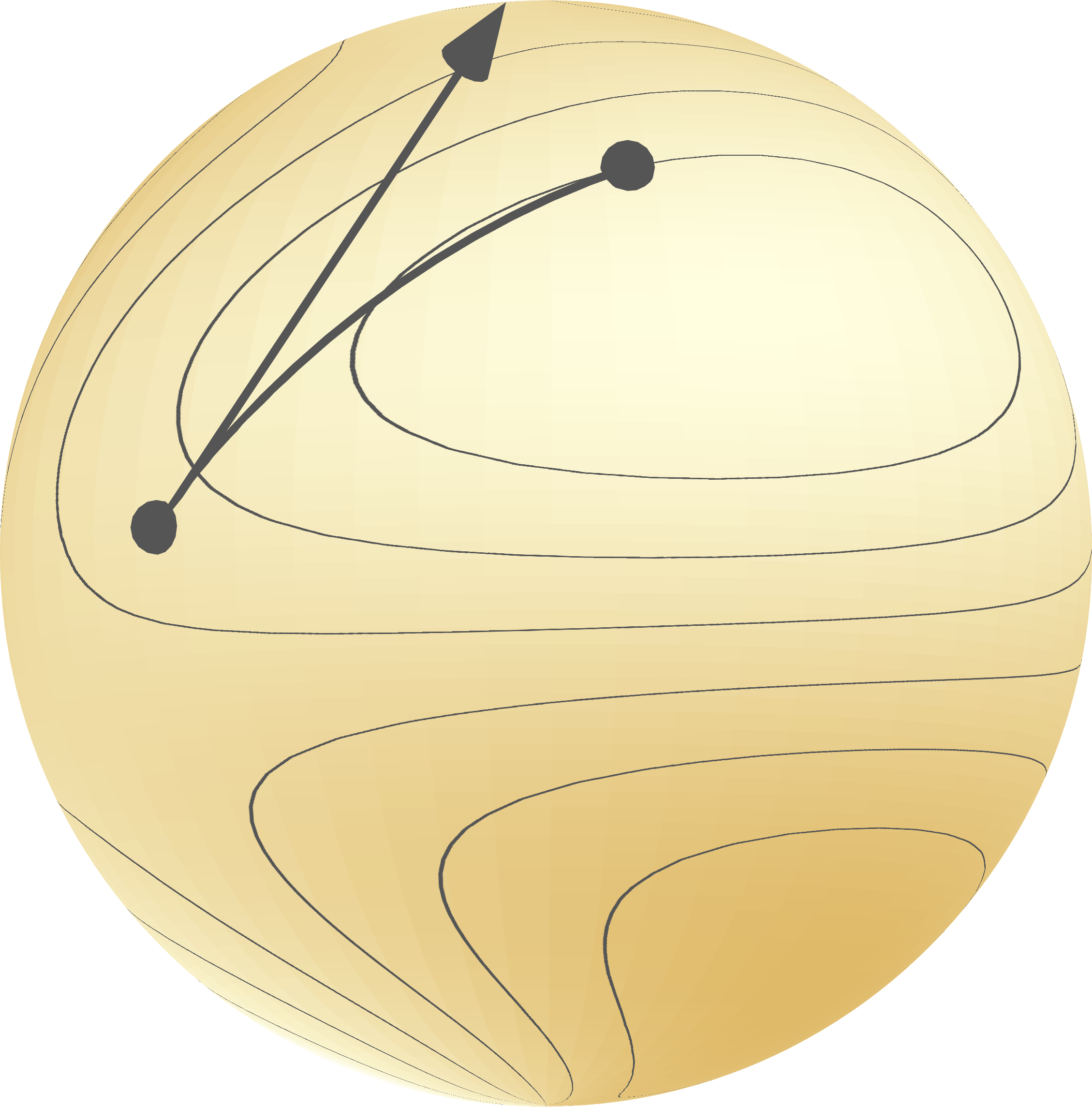Quarto Extensions
for the Julia Community
Friday, July 12, 2024
Overview
- What is Quarto?
- Julia-themed Quarto: Simple Extensions
- Quarto for Documentation
- Quarto for JuliaCon Proceedings

What is Quarto?
- Cross-platform open-source scientific publishing tool with a focus on reproducibility.
- Based on Markdown, which is easy to learn and write.
- Very flexible and can be extended with custom templates and styles.
Julia-themed Quarto
Simple Quarto extension that adds a Julia-themed touch to your documents.
Extensions are a powerful way to modify and extend the behavior of Quarto.

Getting Started
To install the Julia-themed Quarto extensions, run:
Usage
Simply adjust the Quarto header of your document:
Fonts
- JuliaMono font for
monospacetext andcode. - Barlow font for headers and blockquotes (thanks @cormullion).
- Roboto font for everything else.
- Also available is Bangla MN by Muthu Nedumaran of Murasu Systems, which is closely related to the official Julia logo font.
Code
Inline code looks like this print("hello 🌍"). Code blocks look like this (Revealjs not affected):
using CounterfactualExplanations, TaijaData
# Data and Classifier:
counterfactual_data = CounterfactualData(load_linearly_separable()...)
M = fit_model(counterfactual_data, :Linear)
# Select random sample:
target = 2
factual = 1
chosen = rand(findall(predict_label(M, counterfactual_data) .== factual))
x = select_factual(counterfactual_data, chosen)
# Counterfactual search:
generator = GenericGenerator()
ce = generate_counterfactual(x, target, counterfactual_data, M, generator)Callouts
Note
This is a note in julia_blue. Icons are deactivated in Revealjs.
Tip
This is a tip in julia_green.
Caution
This is a caution callout in julia_purple.
Warning
This is a warning in julia_purple.
Important
This is an important callout in julia_red.
Documentation
Write tutorials in Quarto that fully integrate into the rendered documenation.
Goals
Tutorials that are
- integrated in the documentation (
Documenter.jl)- Integrated Links within the documentation
- include mathematical formulae
- render into Markdown
- show code and results
- reproducible
- run on CI (cached)
General Workflow
- write tutorials (
.qmd) for a package intutorials/ - run their code when generating the documentation
- render them (as
.md) intodocs/src/tutorials/
Workflow II: Configure Quarto
_quarto.yml in tutorials/:
- one file:
quarto render file.qmd quarto renderintutorials/renders all but!- cached in
tutorials/_freeze
project:
title: "My Tutorials"
output-dir: ../docs/src/tutorials
render: # specify some
- "*.qmd"
- "!NotThisFile.qmd"
format: #render to md
commonmark:
variant: -tex_math_dollars
wrap: preserveTip. Use the
Quarto VS Code extension
and the command Quarto Preview
Workflow III: Documenter
- Use
CondaPkg.jlto handle/install Python, creating aCondaPkg.tomlspecifying the Python version
And include rendering the tutorials in your make.jl
Workflow IV: GitHub Action
On CI: Set up caches:
- name: Cache Quarto
uses: actions/cache@v4
with:
path: tutorials/_freeze # Quarto Cache
key: ${{ runner.os }}-${{ env.cache-name }}-${{ hashFiles('tutorials/*.qmd') }}
restore-keys: |
${{ runner.os }}-${{ env.cache-name }}-
- name: Cache Documenter
uses: actions/cache@v4
with:
path: docs/src/tutorials # Cache rendered tutorials
key: ${{ runner.os }}-${{ env.cache-name }}-${{ hashFiles('tutorials/*.qmd') }}
restore-keys: |
${{ runner.os }}-${{ env.cache-name }}-There we are!
Cached, reproducible tutorials within Documenter.jl.
Challenges
Cache vs. breaking versions of the package
Recommendation: Maybe print package versions
Quarto replaces spaces in markdown links
[A](@ref B)with[A](@ref%20B).These have to be “escaped”:
`[A](@ref B)`{=commonmark}Due to pandoc:
for now write math in$...$and not``...``
Documenter Summary
- tutorials with reproducible, executed code
- cached and rendered on CI
- inegrated: we can use
@reffromDocumenter.jl[citekey](@cite)fromDocumenterCitations.jl@extreffromDocumenterInterLinks.jl
- Full example: Manopt.jl: Optimize | source
- longer tutorial at Julia Forem
Outlook / Soon
- the
QuartoNotebookRunner.jlshould provide native rendering in pure Julia - Pluto notebooks might be used as input there as well
JuliaCon Proceedings
The quarto-juliacon-proceedings extension adds support for writing a JuliaCon Proceedings article in Quarto.

Getting Started
To install the JuliaCon Proceedings extension, run:
Disclaimer
PDF version resembles the official JuliaCon Proceedings format almost exactly but it is not officially endorsed by the JuliaCon Proceedings team.
See this issue.
Motivation
JuliaCon Proceedings to set an example for reproducibility:
- Code, results and text in one document.
- Executable code blocks serve as a form of testing.
- Same document can be rendered into HTML, PDF, …
Benefits for the authors:
- Essentially zero maintenance for the authors.
- LaTeX option still available for those who prefer it.
Showcase
Comparison
More Information
- Official Quarto docs: https://quarto.org/
- Blog post on Quarto extensions: https://tinyurl.com/quarto-extensions
- Blog post on Documeter integration: https://tinyurl.com/manopt-tutorials
- Example tutorial written in Quarto: https://tinyurl.com/quarto-example
